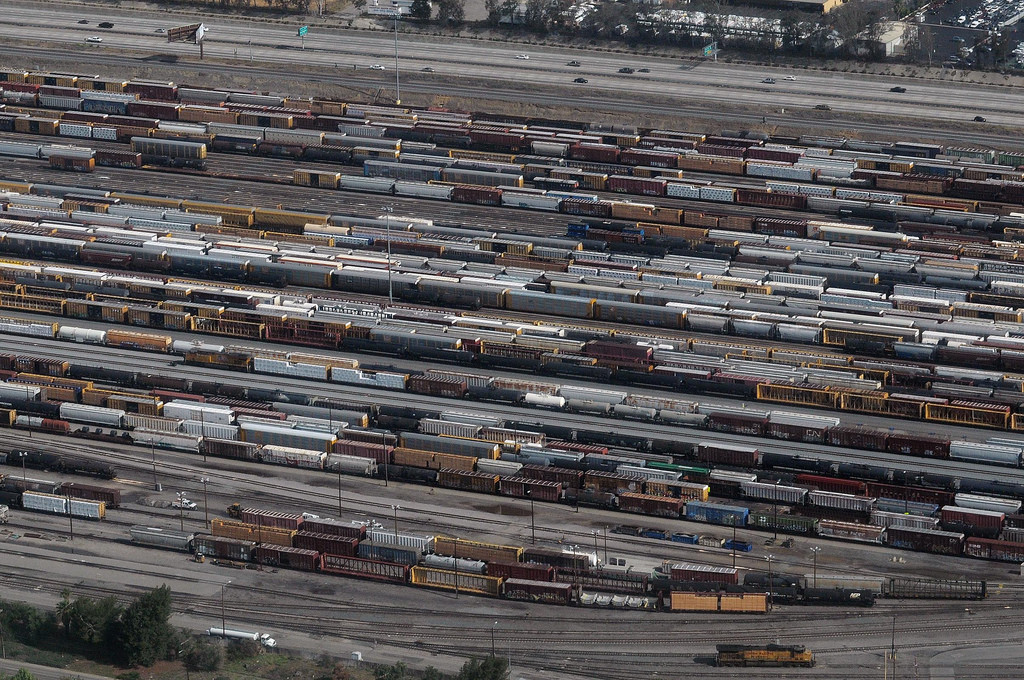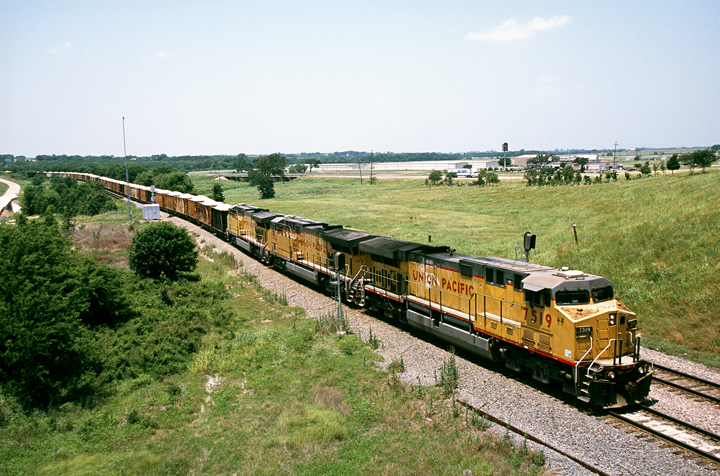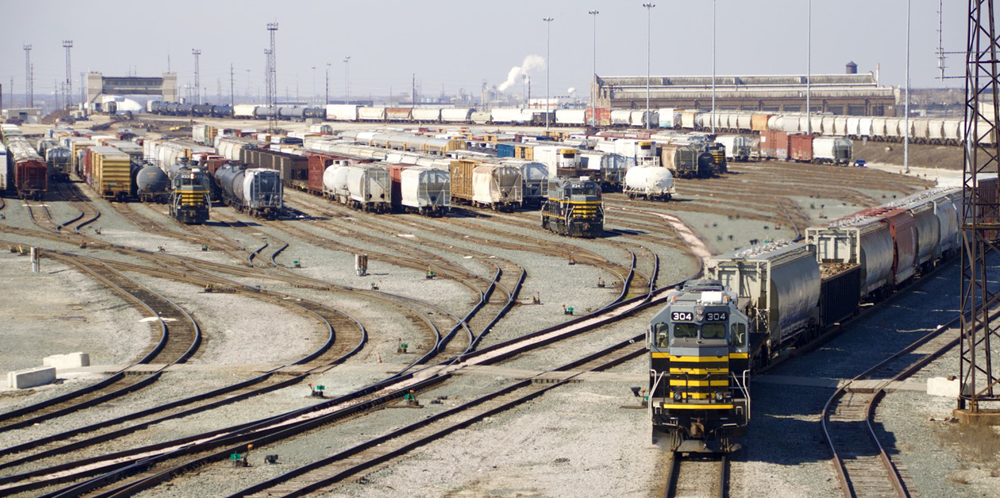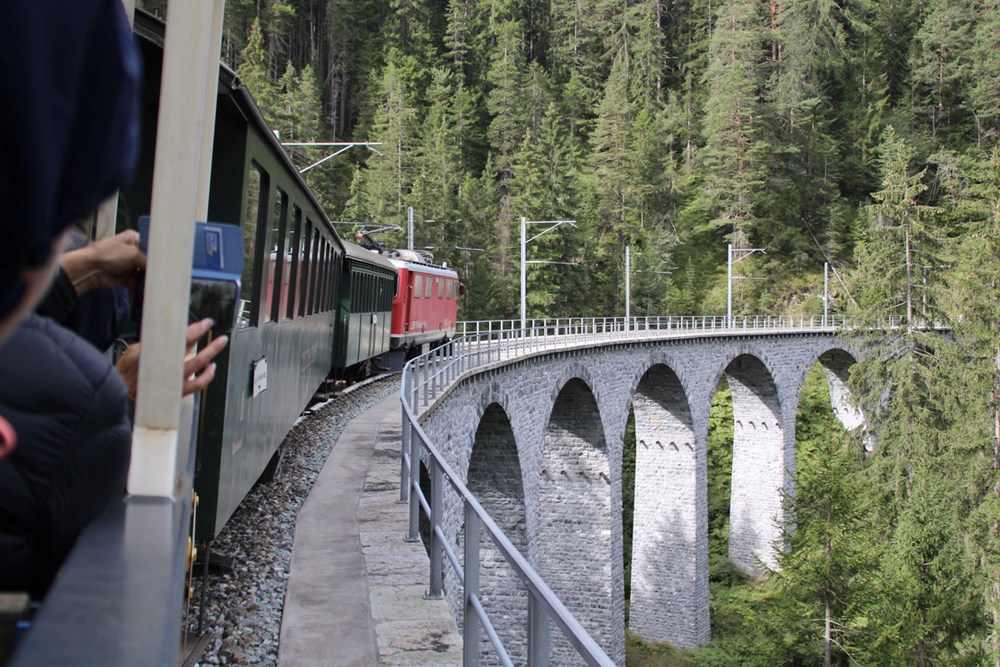Railroads have increasingly turned to the charges as a way to encourage shippers to more quickly load and unload cars, as well as to penalize behavior that makes the rail system less efficient, such as ordering a car and releasing it empty or making late changes to unit train schedules.
Union Pacific and Norfolk Southern, which are implementing operating plans based on the principles of Precision Scheduled Railroading, in January will adopt a range of new policies and charges designed to make their operations more efficient.
Surface Transportation Board Chairman Ann Begeman asked UP and NS in November 2018 to show how the new demurrage and accessorial charges are fair and whether they permit customers to receive credits when the railroads are to blame for service failures.
This week, in letters to all seven Class I railroad CEOs, Begeman cast a wide net requesting information about the industry’s demurrage and accessorial charges.
“I would like to better understand the revenues that such charges generate for each Class I carrier,” Begeman wrote.
The railroads must provide the STB with quarterly revenue data for demurrage and accessorial charges for 2018 by Jan. 21. The same data for 2019 must be submitted to the STB within 15 days of the end of a quarter.
CSX Transportation adopted Precision Scheduled Railroading in March 2017 upon E. Hunter Harrison’s arrival as chief executive. In the first quarter of 2018, the railroad’s “other revenue” category – which includes demurrage and accessorial fees – nearly doubled, to $145 million, and represented 5 percent of total revenue.
Railroads have defended the charges, saying that faster loading and unloading of freight cars can reduce congestion and improve service because the number of cars online decreases, freeing up space in yards.
They also say that customers receive credits when a railroad’s own service failure would otherwise result in demurrage penalties from cars spending more time at a customer’s facility or in a local serving yard.
To read the letters, go to www.stb.gov.















David – I doubt that the partial government shutdown will have any affect on the STB. Like 85% of the government, the STB will continue to operate normally. For the record, those government employees who are affected by the partial shutdown are receiving a free vacation. Once it’s over, they will get full back pay and benefits. The whole thing is a sham.
I like Eric’s question. It’s funny how the airlines get a free pass and people believe they are profitable entities. Well, maybe they are. It’s due to government subsidies at all levels, including among other things air traffic control, policing, terminal facilities (yes, they pay fees, but do those fees actually cover the full cost of the services?) and nickel and dime-ing passengers for every little service.
With the current government shutdown, I doubt the STB will be looking into the rate questions.
Why aren’t the airlines unde the same scrutiny for price gouging with baggage fees and other services for which there are no regulation, and for which the government receives no tax?
As long as the penalties go both ways and are fair then ok. But just refunding a customer for car charges when the railroad is at fault is not enough. What about compensation for the cost to the customer for down time when their production is stopped or slowed when they can’t get raw materials or ship product. It seems the railroads are blaming their customers for their poor service. They must be tired of pointing the finger at the Unions. They may need to look at their own managers.